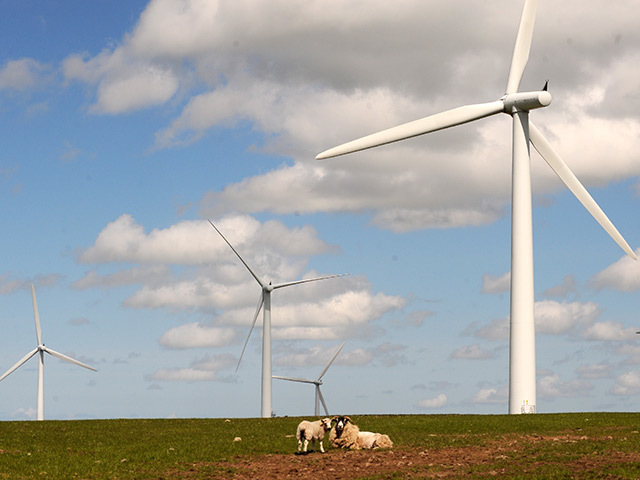
UK manufacturing content of wind developments is “currently low” particularly for capital expenditure, according to the Royal Academy of Engineering.
It warns that, if large-scale deployment of wind is to continue, it would be “economically beneficial to increase the UK’s manufacturing and supply chain capabilities”.
And the Academy says this would require continued government support and consistent, long-term energy strategy. This is not the first time that the RAE has issued such a warning.
Energy too has issued warnings about this over the past 11 years; also the need for industry to pro-actively grasp the £multi-billion, long-term opportunities. Indeed we came to the conclusion that, with very few exceptions, developers are not interested in fostering a robust supply chain and that steps by government are token.
The RAE states: “Although the UK leads the world in offshore installations (numerically) there are currently no wind turbine manufacturing facilities in the UK.”
In Europe, the market is dominated by Vestas (Denmark), Enercon (Germany) and Gamesa (Spain) which between them account for around 70% of installed capacity.
Globally, Chinese companies such as Sinovel and Goldwind, as well as the Indian company Suzlon (which owns German manufacturer RePower), are becoming major players along with more established companies such as GE Wind and Siemens.
“It is no coincidence that the countries that have pushed most aggressively on the installation of wind energy also have thriving wind industries, with Denmark, Germany and Spain all boasting some of the biggest manufacturers of wind turbines in Europe,” says the RAE.
“This not only provides employment but also avoids a negative balance of trade created by having to import the machines. Any export business is equally advantageous for the balance of trade.”
The RAE continues: “A previous publication by the Academy56 highlighted the importance of attracting Tier 1 manufacturers to the UK. It is estimated that for every Tier 1 job created, another eight will be created in the wider supply chain.
“However, major manufacturing plant have been difficult to secure with Vestas and Gamesa pulling out of possible deals in Kent and Dundee and other major port developments still to be realised with Scottish and Southern Energy (SSE) and Siemens.
“At present, only Vestas has any UK plant with a blade test and research facility on the Isle of Wight.”
But, as the RAE points out, the situation is ever-changing. As its report went to press, there was an announcement by Siemens that production
and installation facilities are to be built in Hull and Paull, East Yorkshire.
That said, it warns that a secure pipeline of projects is important for establishing UK wind energy. This has simply not happened, with many of the huge Round Three offshore wind projects delayed by several years for a variety of reasons, chiefly financial and political uncertainty.
In short, stable demand for a product is vital in any business, particularly in an industry with assets that have an operational life-span of 20 or 25 years.
“It is unreasonable to expect all political uncertainty to be removed from the UK’s energy system, but, without a high degree of confidence in the direction of travel expected, it is unlikely that the UK content of wind capacity installed will increase significantly,” adds the Academy.
Recommended for you
